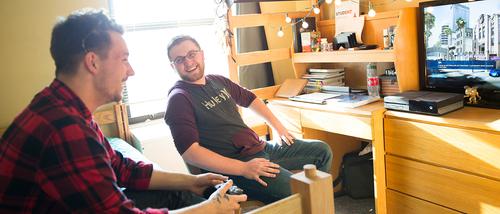Settling Into Campus Life: Your Home Away From Home
Whether you're new to SEMO or returning to the residence halls, life on campus is full of growth, learning, and unexpected moments. Here are some tips to help you thrive in your space and build strong roommate relationships.
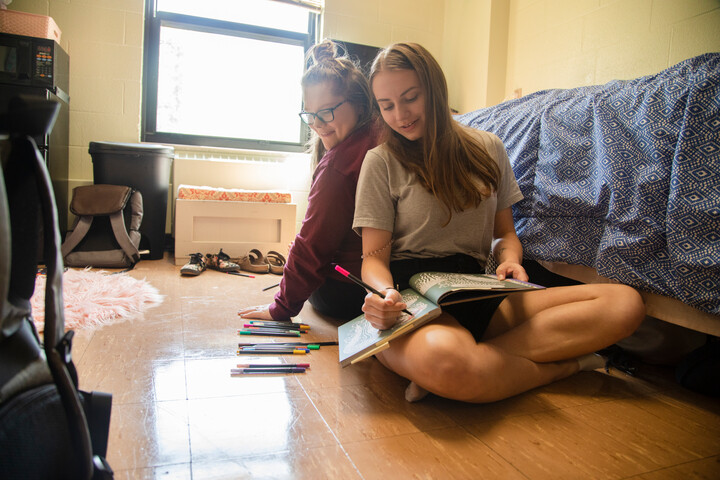
Adjusting to Campus Housing
Living in a residence hall is one of the most rewarding and sometimes challenging parts of your college experience. Some roommates become lifelong friends, others simply learn to coexist. The key? Open, honest communication.
Tips for a Smooth Start:
- Talk about more than just “stuff”, share ideas, values, and feelings.
- Be honest about your preferences and boundaries.
- Know what you’re willing to compromise on and what you’re not.
- Respect your roommate the way you want to be respected.
- Choose the right time for important conversations (not right before class!).
- Keep roommate issues between you and your roommate or hall staff.
- Expect change. Interests and habits evolve, and that’s okay.
- Set clear expectations for your shared space.
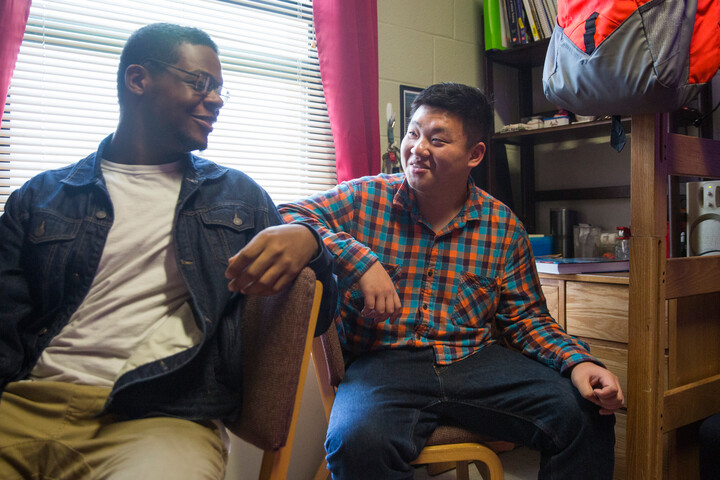
Roommate Conflicts
If issues arise, start by talking directly with your roommate. The best way to learn to work through challenges is to try independently before involving staff.
Parents often hear about roommate concerns first—but we encourage students to speak with their roommate or RA before escalating.
Remember: your roommate is adjusting too. Communication is key.
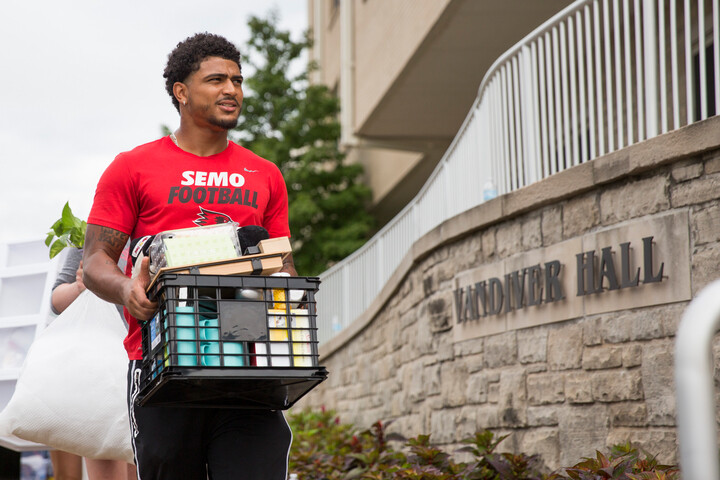
Room Changes
Room changes are available during designated periods via the Residence Life Housing Portal.
Steps to Request a Room Change:
- Log in to your mySEMO portal
- Search for StarRez Housing Portal
- Click Room Change Request Form on the banner
- Click Review Available Rooms
- Special Interest Housing rooms require prior acceptance into the community
- Select your building and room preference
- Share your reason for the request (include roommate name if applicable)
- Click Save and Continue
Your request will be reviewed by our office. Processing may take up to 2 weeks and will depend on availability. You’ll receive an email with the decision.
If approved:
- You’ll have 72 hours to complete your move and return your old key.
Missing the deadline may result in forfeiting the new assignment.
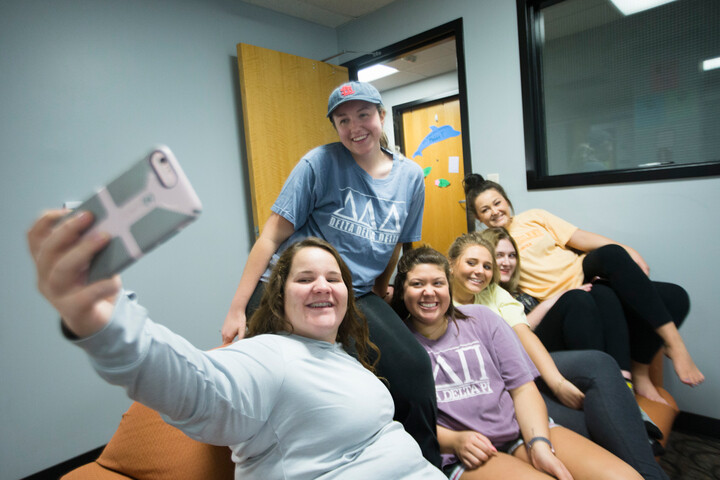
Safety and Security
Your safety is our priority. SEMO’s residence halls are locked 24/7, and access is granted only via your University-issued key or keycard.
Safety Tips:
- Always lock your room
- Report suspicious activity to Residence Life or University Police
- Don’t leave personal items unattended in common areas
- Never prop open exterior doors
- Escort guest at all times
Missing Student Policy
Every student living on campus must provide missing person contact information when completing their housing application. This info is confidential and used only in emergencies.
If a student is believed to be missing for more than 24 hours, contact: University Police Department: (573) 651-2215 (or 2215 from campus)
If confirmed missing:
- The Dean of Students Office will notify the student’s designated contact
- If under 18 and not emancipated, their parent/guardian will also be notified
- Local law enforcement will be involved
If a student is determined to be missing before 24 hours, procedures begin immediately.
For more info, visit the University Police Department.
One University Plaza, MS 0055
Cape Girardeau, MO 63701
